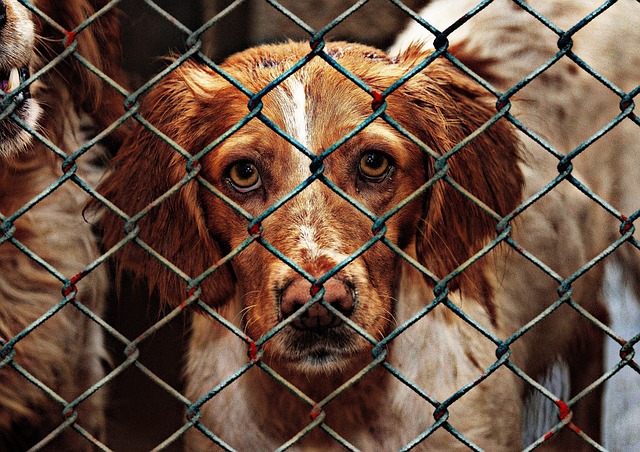Animal Rights
Animals are an essential part of our world, and advocating for their well-being is crucial.
When we talk about animal welfare, we’re discussing the rights and ethical treatment of all creatures, whether they’re pets, wildlife, or farm animals.
It’s about ensuring that animals are treated with kindness and respect in every aspect of their lives.
Animal rights are at the heart of advocating for animal welfare.
This means recognizing that animals are sentient beings with the capacity to feel pain and experience joy.
It’s about acknowledging their right to live free from cruelty and exploitation.
Supporting animal rights involves advocating for policies and practices that protect animals from harm, such as banning cruel practices like animal testing and factory farming.
One of the most impactful ways individuals can support animal welfare is through pet adoption. Animal shelters and rescue organizations are filled with loving animals in need of forever homes.
By adopting a pet from a shelter, you’re giving them a second chance at life and providing them with a loving family.
Additionally, adopting a pet helps reduce the demand for animals from unethical breeders and puppy mills.
Choosing cruelty-free products is another essential aspect of advocating for animal welfare. Many products, such as cosmetics and household cleaners, are tested on animals, causing unnecessary suffering.
By opting for cruelty-free products, you’re sending a message to companies that animal testing is unacceptable.
Look for products labeled with cruelty-free certifications or choose brands that have committed to ending animal testing.
Wildlife conservation is critical for protecting endangered species and preserving biodiversity. Many species around the world are threatened by habitat loss, poaching, and climate change.
Supporting wildlife conservation efforts, such as donating to conservation organizations or volunteering for habitat restoration projects, helps safeguard the future of these species.
Additionally, advocating for policies that protect wildlife habitats and regulate hunting and trade can make a significant impact.
Ensuring responsible pet ownership is essential for the well-being of companion animals.
This includes providing proper veterinary care, nutrition, and enrichment for pets.
Responsible pet owners also spay and neuter their pets to help control the pet population and reduce the number of animals in shelters.
By educating pet owners about responsible pet care practices, we can improve the lives of countless animals.
Wildlife rehabilitation plays a crucial role in caring for injured or orphaned wildlife.
Wildlife rehabilitation centers rescue and rehabilitate animals in need, providing medical care and rehabilitation before releasing them back into the wild.
Supporting wildlife rehabilitation efforts through donations or volunteering helps ensure that animals receive the care they need to recover and thrive.
In conclusion, advocating for animal welfare is about recognizing the inherent value of animals and taking action to protect and care for them.
Whether it’s adopting a pet from a shelter, choosing cruelty-free products, or supporting wildlife conservation efforts, every action counts.
Together, we can create a world where animals are treated with compassion and respect in every aspect of their lives.

